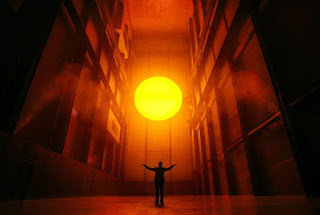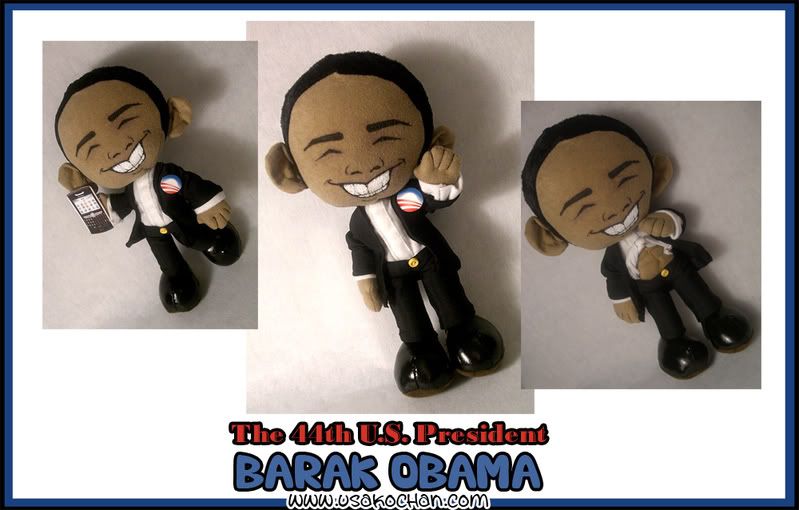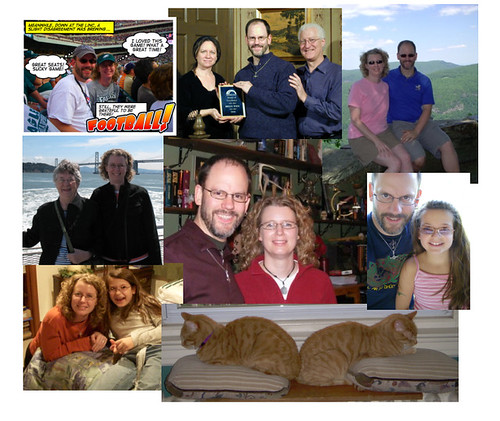[The original version of this essay was submitted to my mentor in the Clergy Program. This version has slight changes to make it work as a blog post.]
My thoughts on the path.
I could have gone with a title like "This I Believe" or "How I See Asatru" or any other of 100 phrases that incorporate some form of belief/believe and Asatru. But Asatru is only one way to describe Germanic Reconstruction. Some might argue that that "Asatru" as a term is better suited to to the reconstruction going on in Scandinavian states, particularly Iceland, and that it is less than ideal as a descriptor of Germanic spiritualities. I'm not going into those arguments at this time. And belief can be a dangerous thing. The Abrahamic faiths have beliefs, beliefs that preclude all others, beliefs that motivate some toward violence, beliefs that are not up for debate. And all those beliefs are grounded in (dictated by?) a "holy" book of some sort. Hence ... "my thoughts on the path."
Now, I will admit I was in one of those Abrahamic camps for many years. Given where and when I was born, it's not at all surprising that I bought into the culture surrounding me. The only alternatives were differing flavors of Christianity. Sure there was a minor exposure to Judaism -- more of a token nod, if you will -- but that's to be expected. The point I am trying to make here is that there was a predominantly Judeo-Christian scene during my formative years. I had no contact whatsoever with Muslims, Buddhists, Pagans, etc. Not until my high school years, but even then it was sparse.
My interest in (and modest aptitude for) science combined with what I had seen of several varieties of Christian expression led me to seriously doubt all the "one way" rhetoric that I had been exposed to ("One way? You cannot even agree on what that one way is!"). My Judeo-Christian foundation further cracked when I explored Taoism and Buddhism, which I started exploring during my study and practice of Okinawa Kenpo Karate-Kobudo (now called Ryukyu hon Kenpo Kobujitsu). As an aside, I must say I find comfortable parallels between Taoism and Heathenry, but not nearly so in Buddhism (though its mental discipline and philosophy are quite interesting).
Around this time I ejected Jesus as a deity in my life, but I still held to some concept of a generalized, amorphous "God" figure -- sort of a variable that could be filled with one's personal experience/concept of divinity. For a while, I even espoused the “All the gods are one god” kind of shtick, but I now seriously doubt I ever truly believed it.
Why do I bring all of that up here?
I don’t believe (oh no, there’s that word again) that spirituality exists in a vacuum. I can choose to reject a concept or even an experience, but I cannot remove its effect upon me. And each experience I have is affected by my earlier experiences in some shape or form. Not all experiences have direct causal affects on later ones; nor are all effects equal in application. Not too long ago, I told someone, “There is no God, and yet there is. There are no Gods; yet here they all are!” I would claim this statement as rather a wonderful pluralistic/polytheistic stance.
I am at this point because of how I see the process of experiencing the divine. The human brain, in my opinion, cannot fully comprehend/process/grasp/etc. the fullness of divinity. We can only catch a glimpse of it through the religious experience – those seemingly rare moments of transcendence that link a person to the greater mystery. This glimpse, or partial view, is then further filtered through the individual’s language, social class, culture, etc. And when that individual tries to share the experience with another, it must once again go through his filters and then be processed through a similar – though not necessarily identical – set of filters of his audience (be it one or several people). To me the development of dogma came about as a means of sharing religious experience or at least pointing the way to having one’s own experience. Rigid dogma, then, is the result of the sharing becoming more important than the actual experience.
This brings to my personal conclusion that all faiths (or spiritual paths) are simply means of experiencing divinity in this world. All faiths are, in one way or another, mere symbols in order to effectively communicate and share divine experiences. But they are not THE divine, which remain somewhat beyond our full comprehension -- at least while we remain in this world of forms.
I do not mean to give the impression that there is something wrong with our symbols. This could not be further from my heart. As human beings, we crave symbols and ritual because we need something tangible to help us relate to the intangible. We feel the need to DO something. That's where we are, and where we have come from.
And please note: I did not say that all faiths are EQUAL or the SAME. Nor do I say they are all EQUALLY TRUE. They are all, in their own ways, simply VALID. If a path works for an individual, then it is valid.
As I grow in my understanding of the ways of my pre-Christian ancestors, I find that the path(s) they blazed are the most practical for me. Polytheism – which did not exist until monotheism declared to be so – was simply the natural way of things. It is a way of seeing the world as it is, and accepting it, instead of trying to force little thing to comply with a rigid, and ultimately artificial, view of “why” things are they way they are. Granted, we cannot go back and practice exactly as our ancestors did; we need to make the faith relevant for the time in which we live. This is natural. The religion revealed by our source materials, our lore, is an imperfect snapshot (mostly taken by outside observers, if you will). While helpful, this snapshot does nothing to help us understand how the religion developed to that point. And it does less than nothing to tell us how it might have continued to progress to the present day. We can, however, extrapolate. Carefully. And this is the exact mission of reconstruction.





























